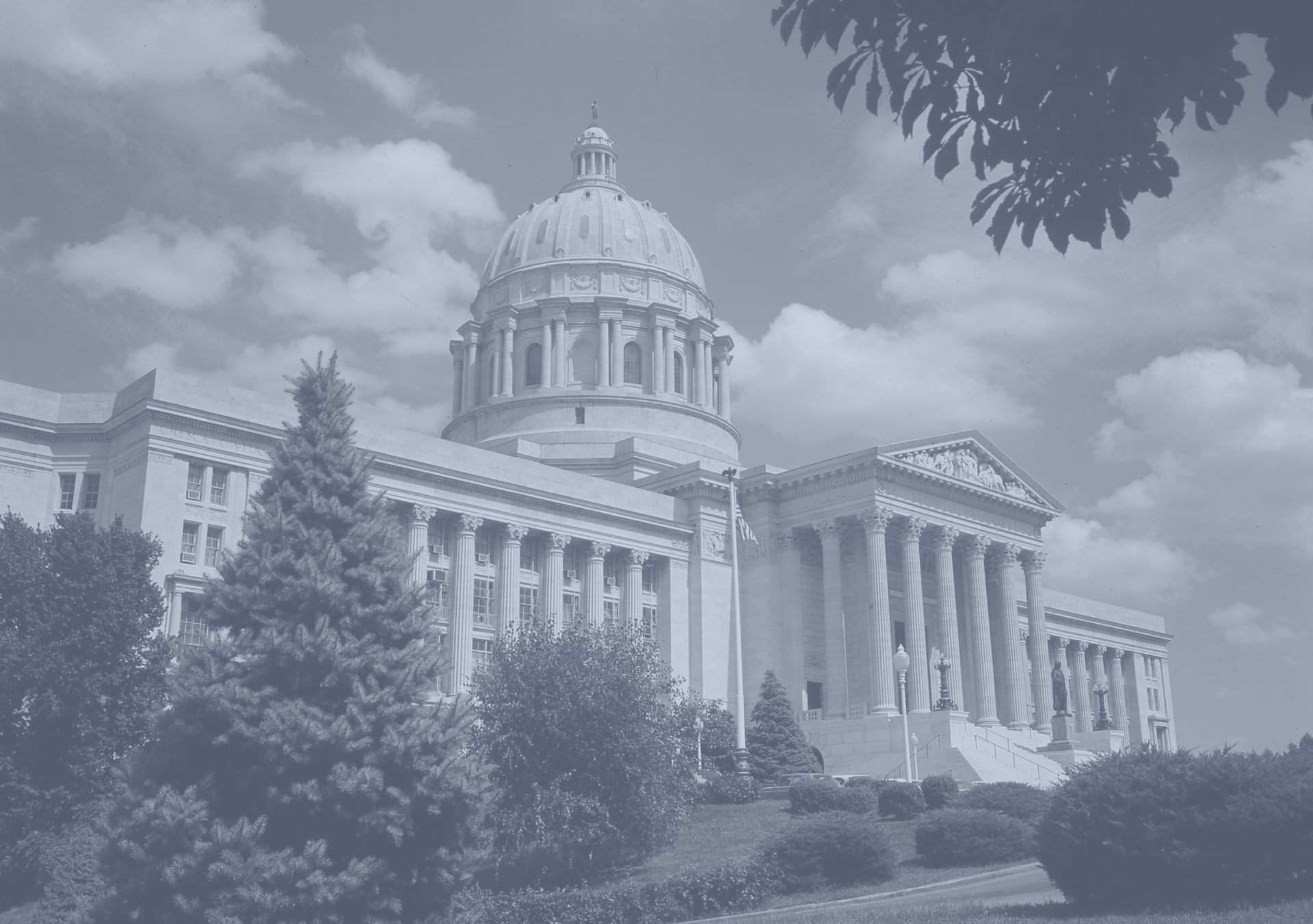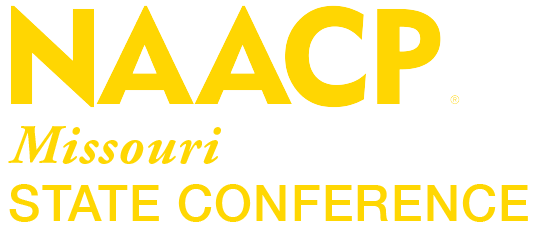No Lawyer, No Chance
The Cost of Justice in the U.S. Criminal Legal System
Overturning A Wrongful Conviction As A Pro Se Litigant Is Challenging
In Missouri, there are nearly 25,000 inmates incarcerated. The inmates who've attempted and continue to seek justice as Pro Se litigants experience bias and discrimination contrary to the Constitution and the Equal Protection Law.
In the past 10 years, Missouri has exonerated 15 inmates who were all represented by skillful attorneys or innocence organizations. Missouri's court system is created to only accept cases of innocence under the cause and prejudice gateway if the inmate can establish a constitutional violation occurred prior to trial. Meaning the State had to have failed to disclose exculpatory evidence that would have proved the inmates innocence.
Many of Missouri's Pro Se litigants, who are indigent and lack adequate representation, find themselves tangled up in what's known as the "judicial web". While it may not appear as such, money, influence or adequate resources played a role in all exonerations. The harsh reality is that these are a major factor in exonerations. Once a defendant is jailed, he/she is given a State appointed Public Defender during 3 stages; trial, direct appeal and PCR - Post Conviction Relief. After these stages, a prisoner can file a 2254 Federal Habeas Corpus and then appeal to the Missouri Supreme Court. During the Habeas Corpus and Supreme Court appeal stages, the prisoner becomes a Pro Se litigant and is left to challenge the conviction on their own because the courts rarely appoint counsel after the PCR has been denied. This posses a problem for the incarcerated because 95% of prisoners have no experience or education in Criminal Law.
The Challenge A Pro Se Litigant Faces When Filing Claims With The Courts
When an inmate challenges their conviction with the courts as a Pro Se litigant, 99.6% of the time the claims are denied.
What society and the media doesn't know is that Pro Se litigants have to become their own private investigators and attorneys. It's been proven that the courts have taken this as an insult towards their law degrees and higher education.
Once a prisoner has exhausted all their appeals with the state and federal courts, they can file a Rule 91 State Habeas with the circuit of the county of that district. It's during this proceeding that the Pro Se litigant faces a heavy burden and obstacles because only the Judge and the Attorney General are present during all counsel status hearings. So the claims files by the Pro Se litigant will be denied and unjustly justified.
After this, again, the prisoner is left to research and investigate their own case. This also has become an obstacle for the Pro Se litigants who've obtained statements from potential witnesses - those who may now be incarcerated themselves - or are requesting information through the FOIA - Freedom of Information Act, also know as the Sunshine Law. The courts fail to accept and grant Pro Se litigants claims of innocence when the evidence clearly discredits the State's theory.
The courts only respect and accept cases from innocence organizations, private attorneys or big corporate law firms; like Bryan Cave. And these groups primarily accept case where evidence is clear cut; like someone else confessing to the crime the prisoner is convicted of, the presence of DNA that points to another suspect, or the prisoner was solely convicted on the testimony of witnesses. Outside of these factors, the Pro Se litigant faces a burden even getting representation by either the innocence organizations or Pro-Bono attorneys if their case is complex, arduous or deals with a confession.
Hypothetically, if you're reviewing a case where there is a confession involved but there was irrefutable evidence of a 3'd party's guilt that was never disclosed by the State prior to trial, would that make a difference in a conviction based on a false confession? If another inmate comes fmward and admits that his actions were the reason the prisoner gave a false confession that can be refuted by forensic science, would it make a difference? If another suspect's DNA skin cells were on the victim's pockets, and that was never disclosed by the State, would that make a difference? If there's no eye witnesses that testify during trial or who now identify the prisoner as the shooter, would that make a difference?
With evidence like this the courts will unjustly deny these claims to escape accountability for the State. Innocence organizations have strict criteria when accepting wrongful conviction cases. It's very clear that, in Missouri, once a prisoner is convicted, the burden becomes theirs to prove someone else committed the crime in order to obtain any relief or representation.
I sincerely know that this is a topic that nobody wants to cover in the media or court system, but the truth of the matter is it's real and it effects us all. If we don't address this crisis now there will be more wrongful convictions.
I'm asking that there be an exclusive in-depth news coverage on this issue to fully inform society concerning the challenges for Pro Se litigants.


